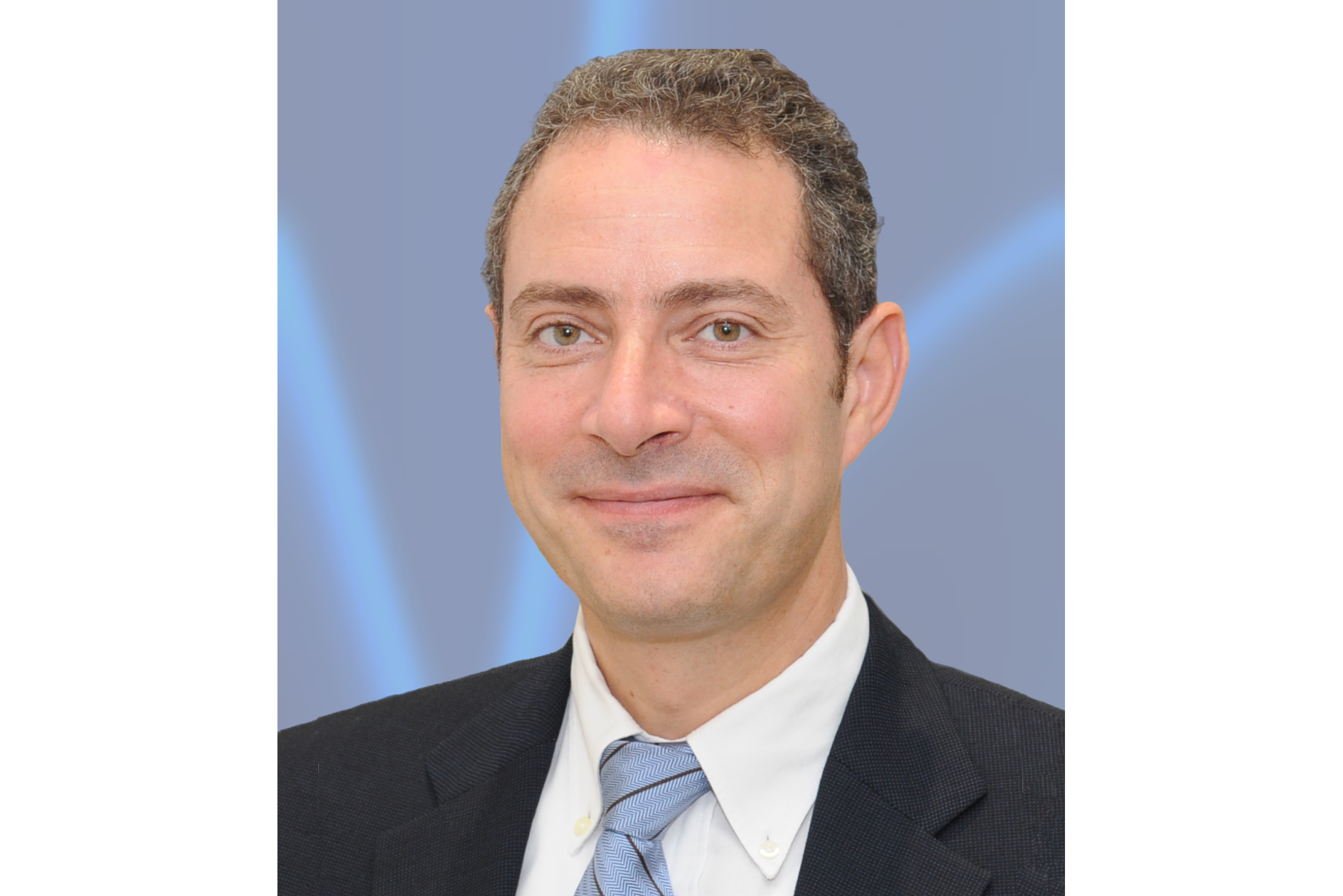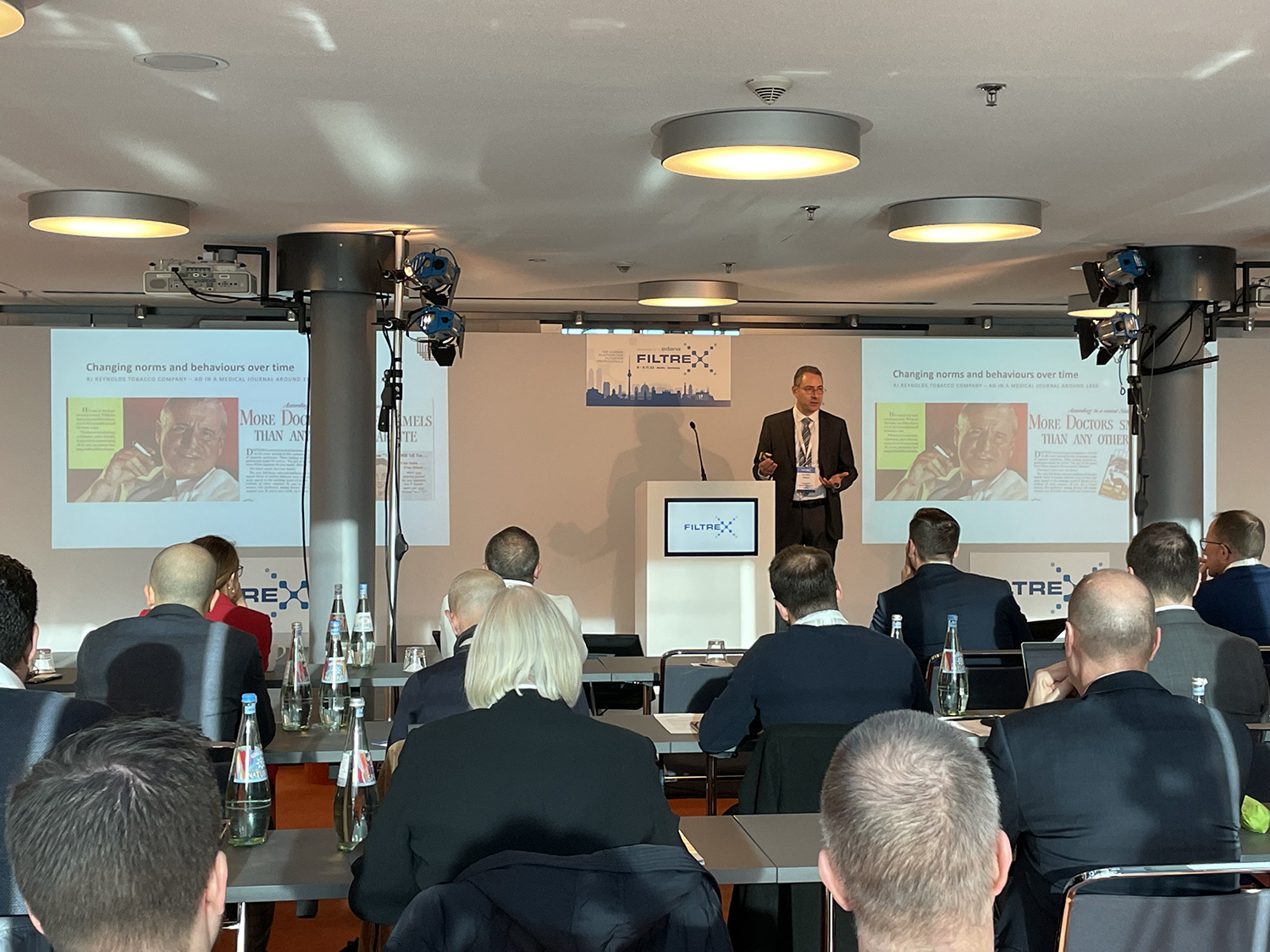Industry Insights FILTREX: Joe-Max Wakim


Can you summarize the keynote presentation that you delivered at FILTREXTM2022?
Joe-Max Wakim (JMW): I spoke about a lot of things, but one of the main things I wanted to emphasize is that our health system is broken and that we all need to pitch-in to fix it. To do that, we need to try to lessen the burden that is currently placed on our health systems by the fact that we're working more on curative healthcare than on prevention. We need to increase our focus on preventative healthcare and make health the most important societal pillar, because that is where it can provide the most value.
We need to find a way for people to live longer, healthier lives, and to contribute to the societies that they live in. We have a lot of opportunities to do this, such as we collect a lot of data, but we don’t use it enough. Data is very valuable. That's why I talked about how data is like a new soil: it's fertile and ready for use, but there are some contracts that need to be made in terms of data governance to ensure that it's protected without creating barriers for its use so that we can’t benefit from it. There are also some social contracts that need to be made to ensure that multiple parties pitch in to help create a societal partnership model.
How do filtration systems fit into health systems?
JMW: We want to improve people's health everywhere, whether they're at home, whether they're commuting on their way to work, or whether they're at work. Filtration plays a huge role in that, whether it's filtration of air, water, or other things.
At home I'm a bit of a tech geek, and I enjoy buying technology for my house. For example, I have a filtration fan, which reports back to me whenever there are impurities in the air. I find that useful, as it improves the environment in which I live. I enjoy getting alerts saying that the air quality in my house is not good enough, which triggers me to open the windows. Many homes, which keep their windows closed all day accumulate a high number of impurities that are ultimately bad for our health.
It's impossible to talk about health systems today, without addressing the elephant in the room: COVID-19. How did this pandemic impact our health systems, and what were the lessons learned?
JMW: It's actually very interesting, because COVID-19 in many ways accelerated the development of technologies and health. Whether it's on the biological side – with the mRNA vaccines – or on the technical side to ensure that information is exchanged between different organizations. In a lot of ways, the technology was already there, but not being utilized to its full extent. When COVID-19 came along, it helped to accelerate and put in place a lot of these building blocks.
Unfortunately, now we're seeing some people going back to the way things were before, and we need to try to heighten the importance of maintaining a certain momentum towards continuous improvement, especially when it comes to the exchange of information.
What is precision medicine?
JMW: The idea of precision medicine is to make sure that once we diagnose individuals with a particular disease, then the therapies used to treat it are tailored to that individual based on their genetic constitution. There's a lot of research happening in genomics at all levels. We're getting closer to being able to unlock the potential of that in providing precision medicine. This is already being done for certain cancers and others will come. The ability to differentiate the different constitution of individuals in order to more precisely help or address the diseases they may have is what it's all about.